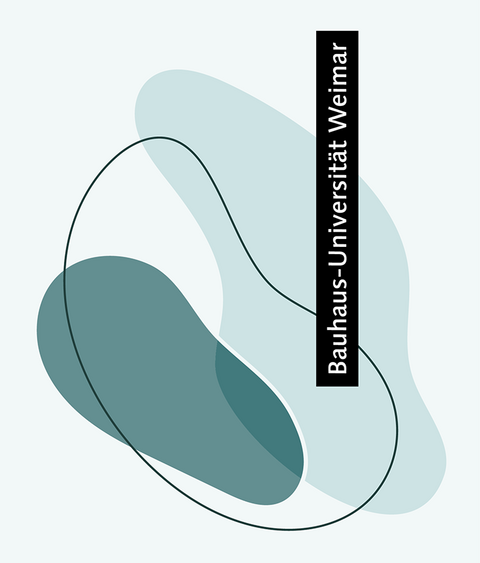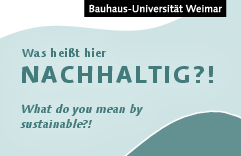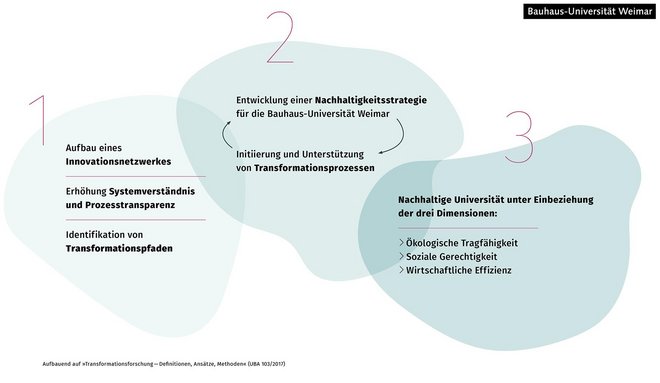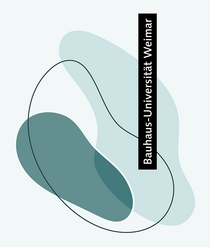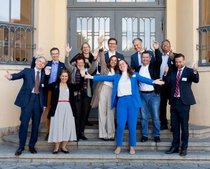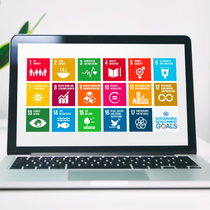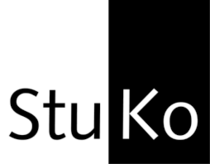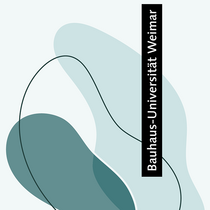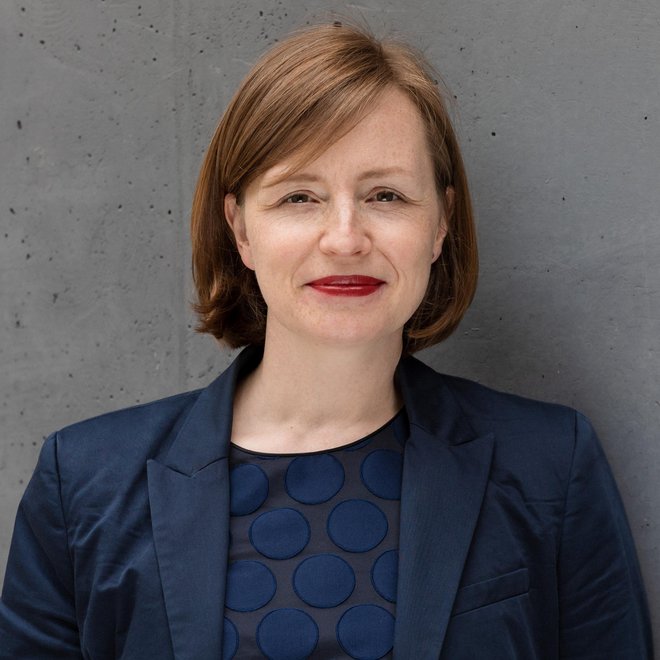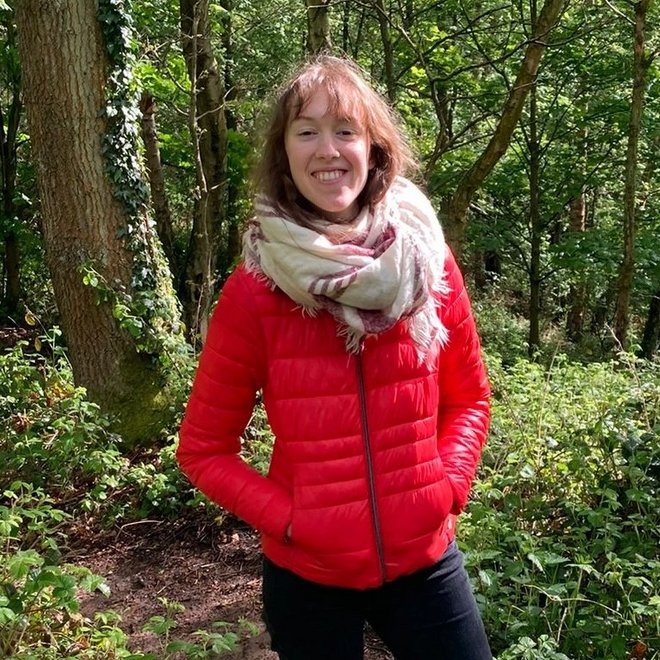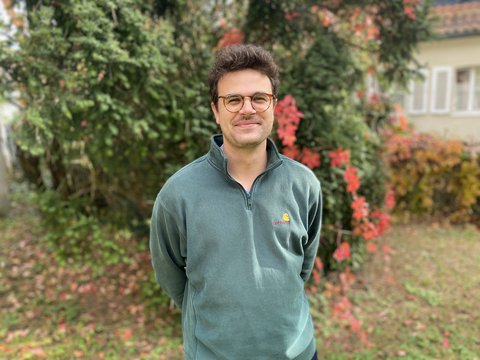
M.Sc. Elias Flory, Gründungswerkstatt neudeli

»Ich engagiere mich für Nachhaltigkeit, weil jede innovative Idee das Potenzial hat, die Welt zu verbessern.«
»Ich engagiere mich für Nachhaltigkeit, weil jede innovative Idee das Potenzial hat, die Welt zu verbessern.«
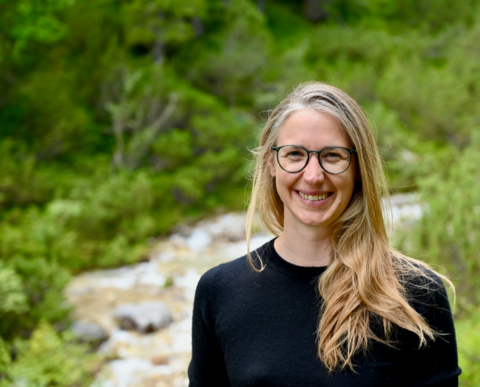
Dr.-Ing. Tonia Annick Schmitz, Stabsstelle Nachhaltige Entwicklung

»Ich teile die Ansicht von Marshall McLuhan: ›There are no passengers on spaceship earth. We are all crew.‹«
»Ich teile die Ansicht von Marshall McLuhan: ›There are no passengers on spaceship earth. We are all crew.‹«
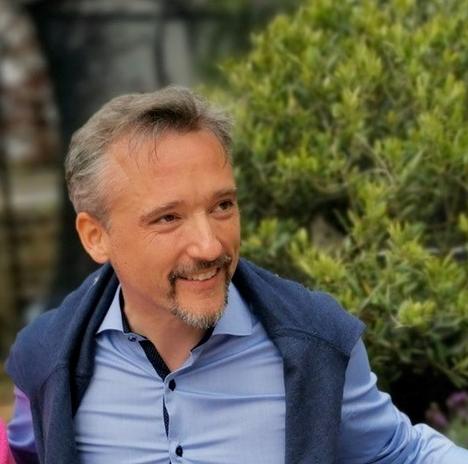
Prof. Dr. Tom Lahmer, Dekan der Fakultät B&U

»Wir haben nur eine Erde. Lasst uns endlich unserer Verantwortung gerecht werden.«
»Wir haben nur eine Erde. Lasst uns endlich unserer Verantwortung gerecht werden.«
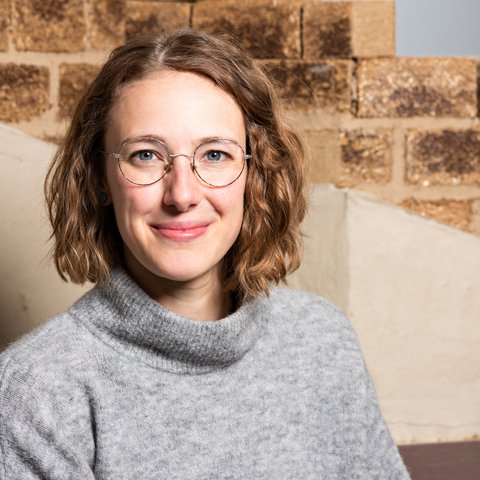
M.Sc. Katharina Elert

»Ich möchte nachhaltige Baustoffalternativen schaffen, auf die man gerne setzt. Dabei steht Stroh aktuell im Mittelpunkt meiner Lehre und Forschung.«
»Ich möchte nachhaltige Baustoffalternativen schaffen, auf die man gerne setzt. Dabei steht Stroh aktuell im Mittelpunkt meiner Lehre und Forschung.«
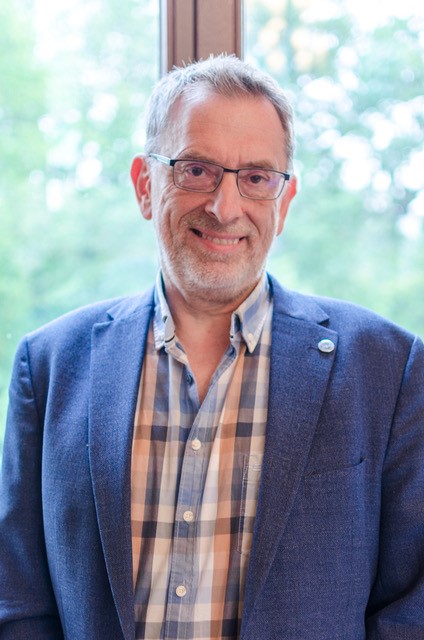
Prof. Dr. Uwe Plank-Wiedenbeck, European Digital Innovation Hub Thuringia

»Unser Anspruch als Bauhaus-Universität ist es, innovative Mobilitätslösungen zu entwickeln, die ökologisch, sozial und ökonomisch nachhaltig sind.«
»Unser Anspruch als Bauhaus-Universität ist es, innovative Mobilitätslösungen zu entwickeln, die ökologisch, sozial und ökonomisch nachhaltig sind.«
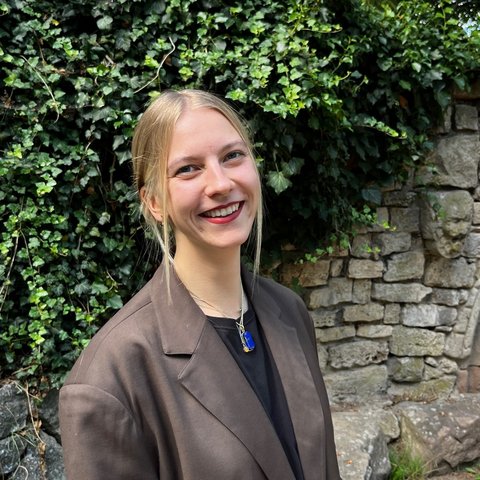
Stina Amrhein, AG Nachhaltigkeit

»Nachhaltigkeit und insbesondere Klimaschutz ist mir schon lange ein großes Anliegen. Ich bin froh, dass ich an der Fakultät meinen Beitrag dazu leisten kann!«
»Nachhaltigkeit und insbesondere Klimaschutz ist mir schon lange ein großes Anliegen. Ich bin froh, dass ich an der Fakultät meinen Beitrag dazu leisten kann!«
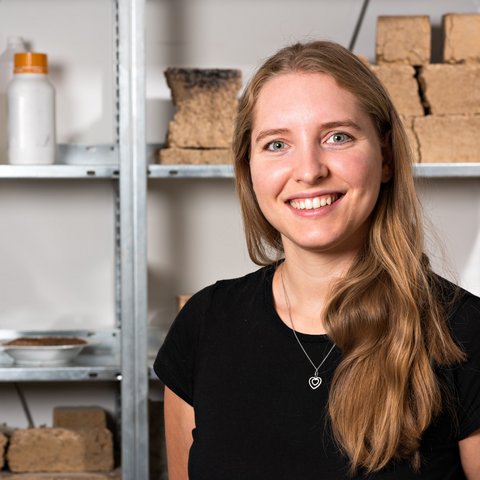
Larissa Daube, AG Nachhaltigkeit der Fakultät Bau und Umwelt

»Ich bin überzeugt, dass wir eine lebenswerte Zukunft für kommende Generationen bauen können. Deshalb forsche und lehre ich im Bereich Lehmbau.«
»Ich bin überzeugt, dass wir eine lebenswerte Zukunft für kommende Generationen bauen können. Deshalb forsche und lehre ich im Bereich Lehmbau.«
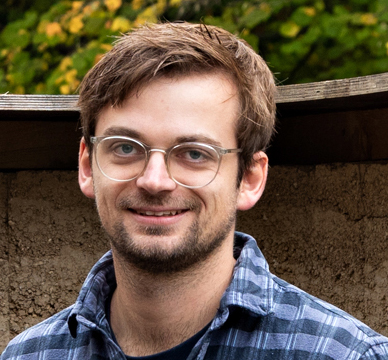
M.Sc. Lukas Kirschnick, Wissenschaftlicher Mitarbeiter Professur Konstruktives Entwerfen und Tragwerkslehre

»Ich promoviere zum Thema der Nutzung von Resthölzern in Tragwerkskonstruktionen und betreue die Vorlesungsreihe „Nachhaltiges Bauen.«
»Ich promoviere zum Thema der Nutzung von Resthölzern in Tragwerkskonstruktionen und betreue die Vorlesungsreihe „Nachhaltiges Bauen.«
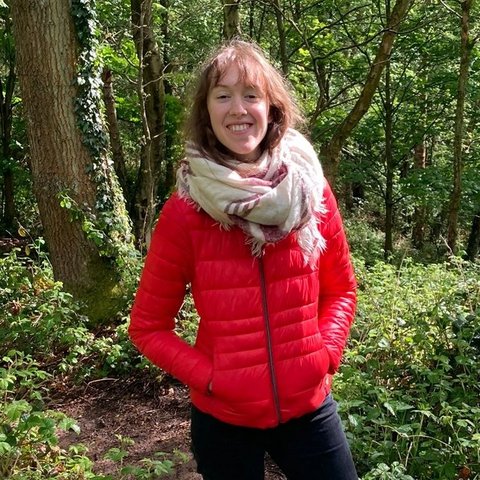
Milla Semisch, StuKo Referat Nachhaltigkeit

»Ich engagiere mich, weil wir Studierende essentieller Teil der nachhaltigen Transformation an unserer Universität sind. Wir zeigen auf, worauf es in den nächsten Jahren ankommt und welche Weichen für eine sichere Zukunft gestellt werden müssen.«
»Ich engagiere mich, weil wir Studierende essentieller Teil der nachhaltigen Transformation an unserer Universität sind. Wir zeigen auf, worauf es in den nächsten Jahren ankommt und welche Weichen für eine sichere Zukunft gestellt werden müssen.«
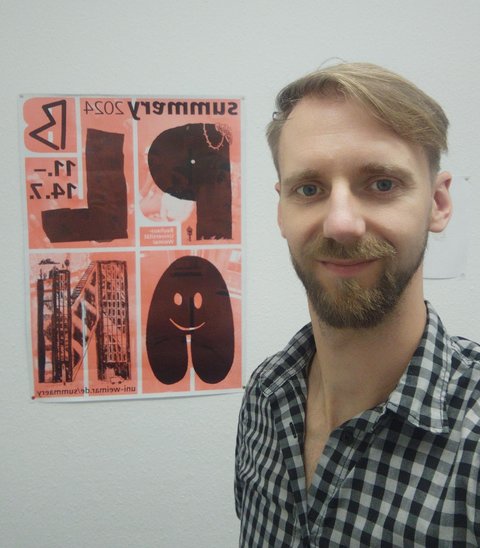
M.Sc. Steven Mac Nelly, Umweltbeauftragter

Ein geringerer Verbrauch von Energie und Wasser sowie die Vermeidung von Abfällen und Emissionen sind zentrale Elemente unseres Engagements an der Bauhaus-Universität für eine nachhaltige Zukunft.
Ein geringerer Verbrauch von Energie und Wasser sowie die Vermeidung von Abfällen und Emissionen sind zentrale Elemente unseres Engagements an der Bauhaus-Universität für eine nachhaltige Zukunft.
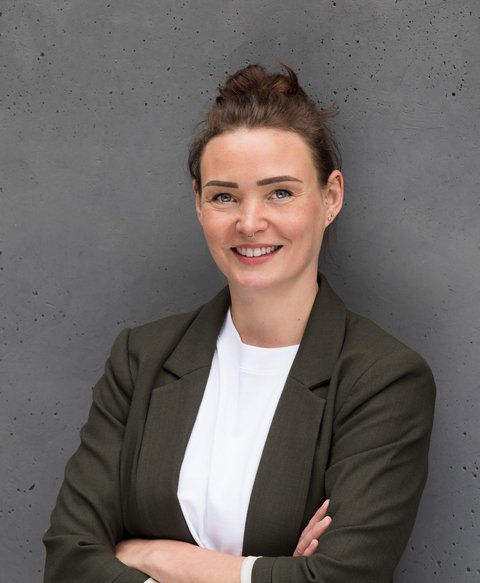
M.F.A. Tina Konscholky, Universitätskommunikation

»Nachhaltigkeit zeichnet sich durch ihre bemerkenswerte Vielschichtigkeit aus. Ich freue mich, insbesondere die digitale Nachhaltigkeit an der Bauhaus-Universität aktiv mitzugestalten und weiterzuentwickeln.«
»Nachhaltigkeit zeichnet sich durch ihre bemerkenswerte Vielschichtigkeit aus. Ich freue mich, insbesondere die digitale Nachhaltigkeit an der Bauhaus-Universität aktiv mitzugestalten und weiterzuentwickeln.«

